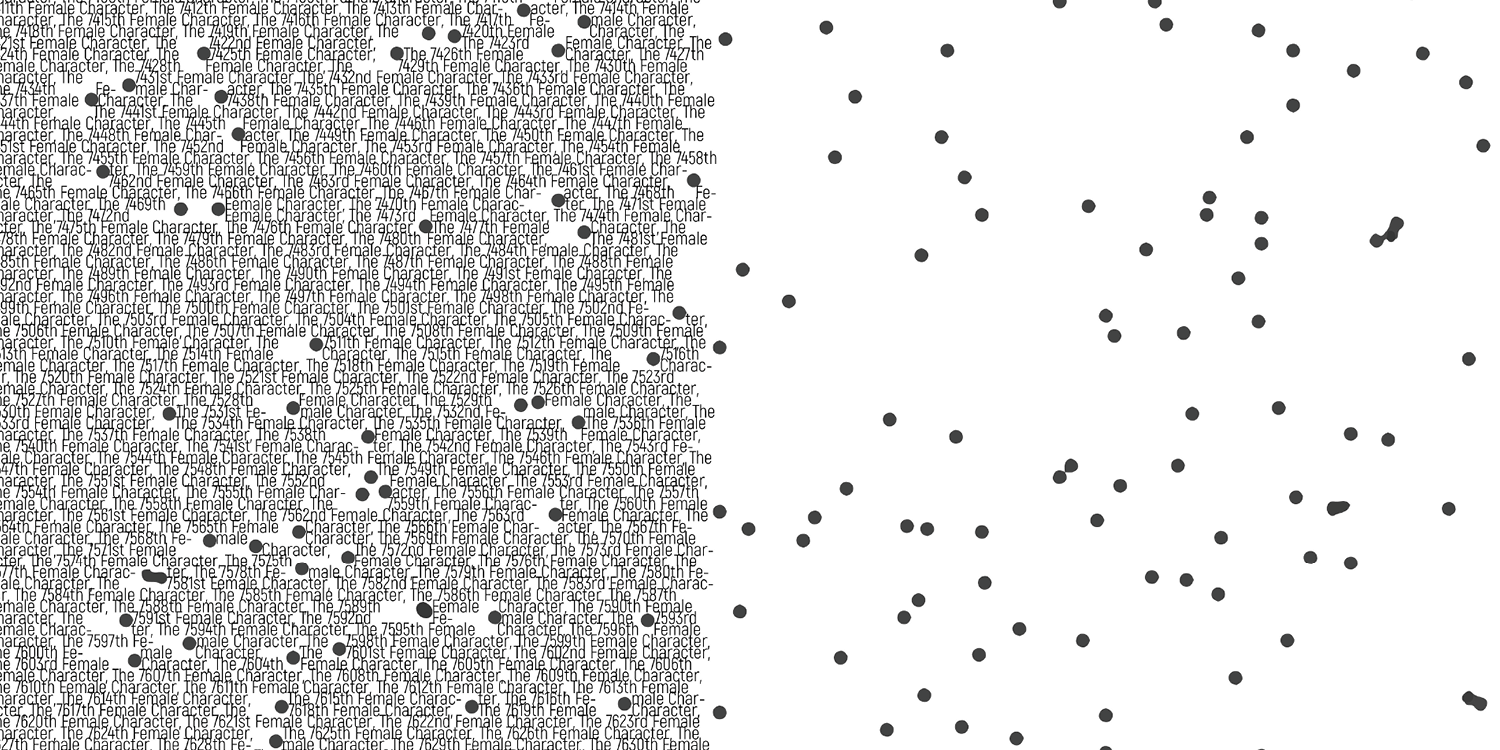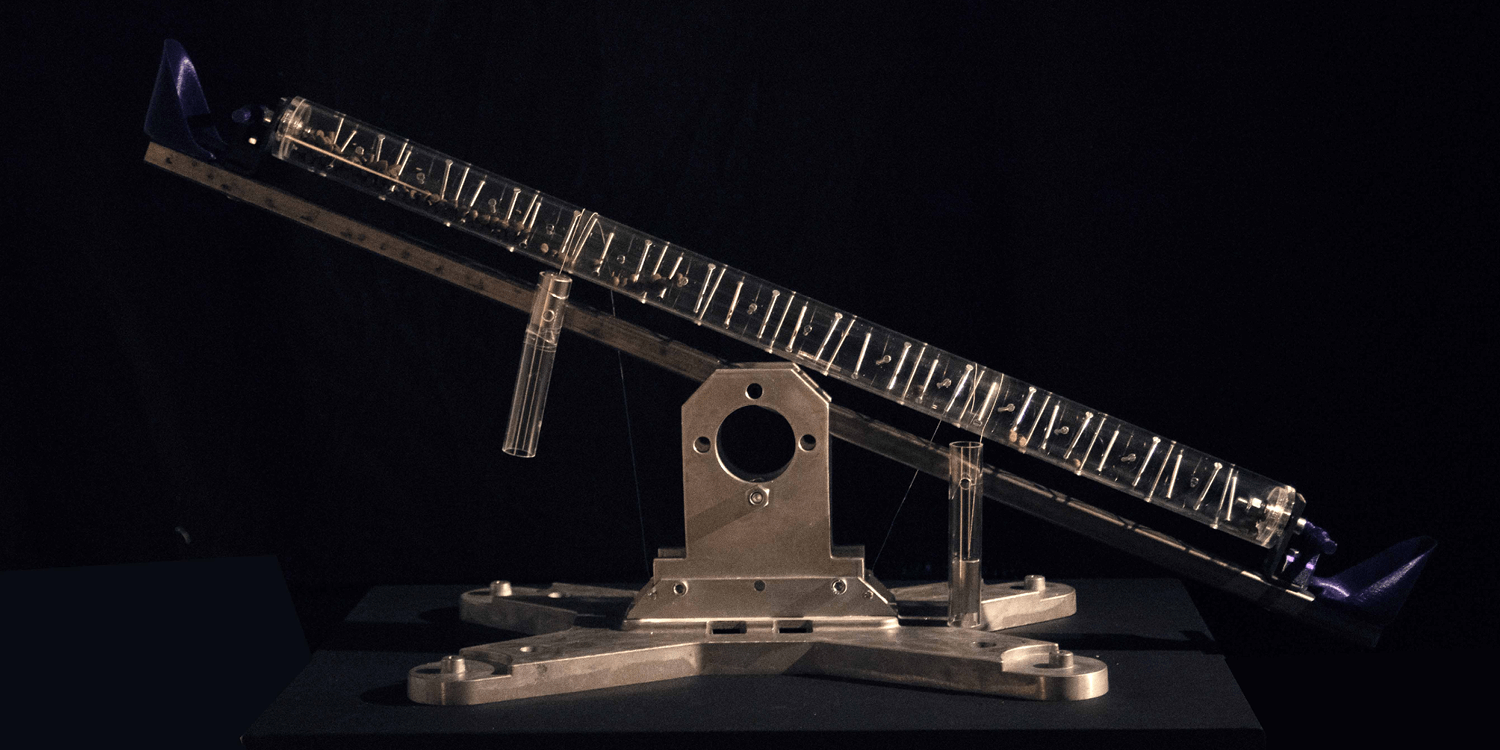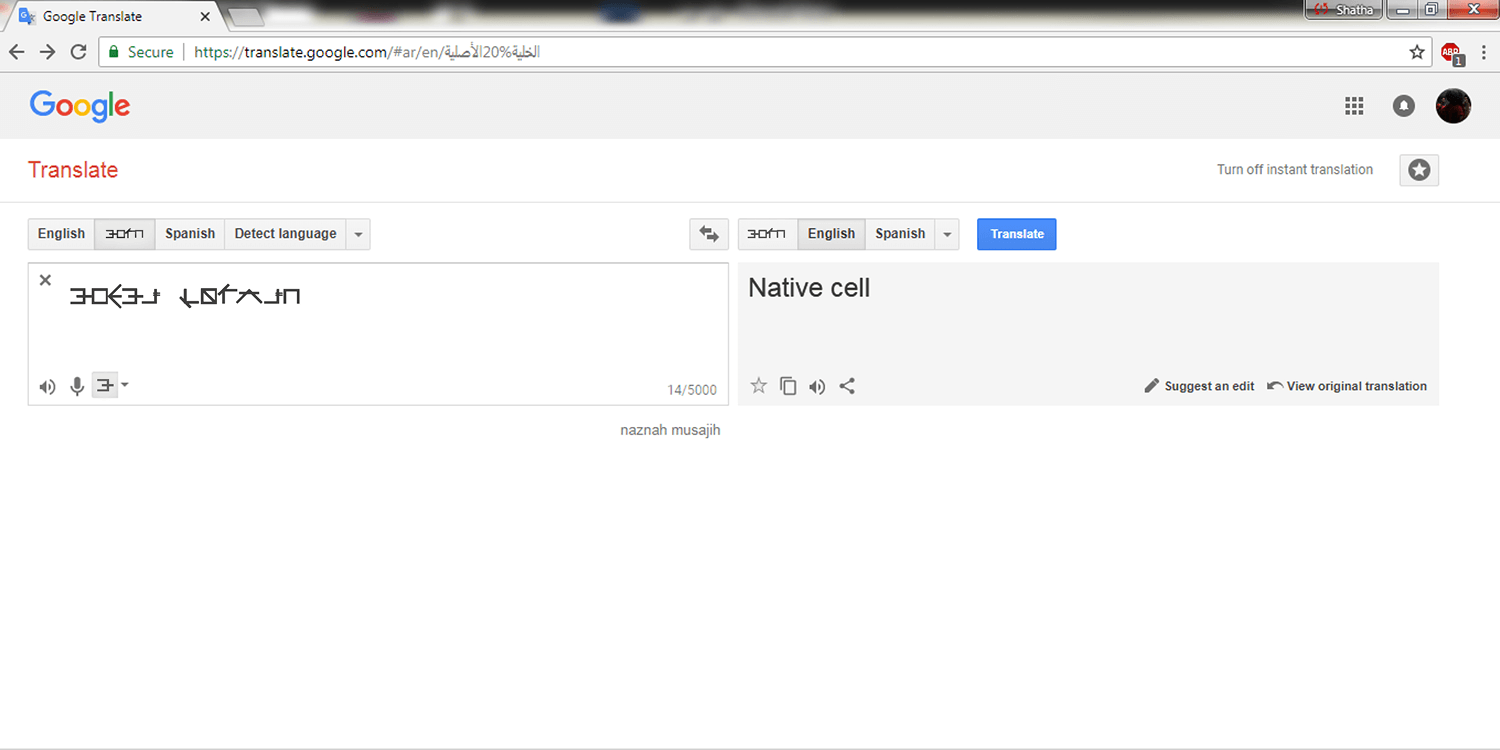Shatha Afify, an interdisciplinary artist, storyteller, and awardee of the third edition of the G.A.S. Foundation's Fellowship, joins us for a six-week residency at G.A.S. Lagos. Her multifaceted practice spans installation, moving image, performance, sound, research, curatorial work, and literature. Shatha’s work explores themes of memory, silence, and resistance, drawing from both personal and collective histories, with a focus on Egyptian and African cultural narratives.
During her residency, Shatha plans to immerse herself in Lagos' vibrant cultural scene, engaging with Nigerian poetry, literature, cinema, and music. She aims to expand her speculative fiction project, The Silenced Score, which explores untold stories through sound and narrative. One key chapter of the project is set in the Egyptian-Libyan desert, and she hopes to extend her research to the Nigerian Sahara, possibly through a field trip. In addition, Shatha intends to explore local archives, artistic communities, and spiritual practices to deepen her understanding of African cultural heritage. She also looks forward to collaborating with Lagos-based artists and institutions, offering studio visits and presenting her work in future exhibitions or performances. Through this residency, she aims to build meaningful connections between Lagos and Cairo, and establish the groundwork for long-term creative exchanges across the African continent. Shatha also envisions her time in Lagos as a critical step toward her future PhD in sound studies, and plans to use her experience to connect with professionals in both Lagos and London.
 Silenced mutation, Sound score 2024. Part of The Silenced Score. Image courtesy of the artist.
Silenced mutation, Sound score 2024. Part of The Silenced Score. Image courtesy of the artist.
What is the current focus of your creative practice?
My current focus is The Silenced Score, a project that merges literature and sound to bring forward untold stories and silenced voices of key female characters. The project combines fiction and a graphic score derived from the narrative’s spaces and silences, with the ultimate goal of evolving into an opera, incorporating interactive elements and the narrative from the book. I’m writing a speculative narrative that explores three generations of Egyptian women, mapping their personal and political realities from 1965 to the present. Silence is a central theme in my work, not as absence, but as presence, whether through the loud silence of the desert or the silence of survival and memory. I also explore silent movement as a form of resistance and reclaiming agency.
The Silenced Score examines how sound and its absence can hold suppressed narratives. It’s an interdisciplinary project, incorporating sound, writing, poetry, theatre, music, and dance. During this residency, I’ll focus on these disciplines to influence the development of the project, while also exploring connection, reweaving narratives, and seeking new ways of liberation and creativity.

Native Cell - Source, 2012 - 2024. Image courtesy of the artist.
What drew you to apply for this residency and how do you think it will inform your wider practice?
Firstly, I am intentionally shifting my practice to be more grounded within the African continent. I’m in the early stages of envisioning a mentorship platform, one that brings together artists and cultural practitioners from diverse regions, languages, and disciplines across Africa to support younger artists in navigating and developing their creative paths. Secondly, the opportunity to engage directly with the creative and cultural life of Lagos deeply aligns with my current need to be present in new geographies within the continent. Being in Lagos allows me to expand my understanding, collaborate meaningfully, and gain cultural insight that will enrich both my personal work and the broader projects I’m developing.
The link between Lagos and London, through the Yinka Shonibare Foundation, also speaks directly to my future plans. I am preparing to pursue a PhD in sound in London and hope to establish a physical base for my practice there. This opportunity allows me to move deeper into the questions I’m already exploring—around sound, silence, cultural memory, ancestral presence, and transcontinental solidarity. I hope to build sustainable, meaningful networks that will continue far beyond the residency.
 Precipice, Prototype 2024, Part of Decision - Forgotten + remembered Series. Image courtesy of Abdelrahman Hussein.
Precipice, Prototype 2024, Part of Decision - Forgotten + remembered Series. Image courtesy of Abdelrahman Hussein.
Can you give us an insight into how you hope to use the opportunity?
I imagine using this opportunity in multiple, interconnected ways. First, as a space for research and writing. Second, I would use this time to connect in Lagos and beyond, with the hope of nurturing a network that extends far beyond the duration of the residency. Whether through informal conversations, studio visits, or collaborative experiments, I want to open channels of exchange that are rooted in care, listening, and possibility.
As I prepare for future exhibitions and hope to begin a PhD in sound, this residency would allow me to build relationships that extend into the future across these geographies. It will also allow me to experiment and explore sound in Lagos as both a material and a code. I will also work to build a network within the experimental electronic and noise scene as part of my research and future presentations of my work. I am interested in exploring weaving, dance, silence, and the use of voice; its taboo and fluidity within the Nigerian context. I would use this opportunity to build, listen, connect, research, and create, not only for myself but in ways that contribute meaningfully to a wider ecosystem of artists and thinkers.
About Shatha Afify
Shatha Afify (b. 1987, Cairo), also known as Shatha Aldeghady, is an interdisciplinary artist, storyteller, poet, and thinker whose practice weaves together sound, performance, sculpture, and multimedia to explore the terrains of conflict, loss, and resistance. Her work delves into the ethical quandaries of adulthood and awareness, using sound as a storyteller and silence as a space for resilience. Afify is deeply preoccupied with the complexities of existence—choosing positions, taking stands, and the enduring struggle for freedom and dignity, themes she first explored in her early work Dare to Doubt (2015). She invites audiences to engage with the intricate dance between justice and power, resistance and complicity, as seen in her latest work, Contemplating a Decision (2024), from her series Decision - Forgotten + Remembered (2023–2024). Through her practice, she creates contemporary archives that reflect on her time, offering possibilities for reimagining the present and future.
